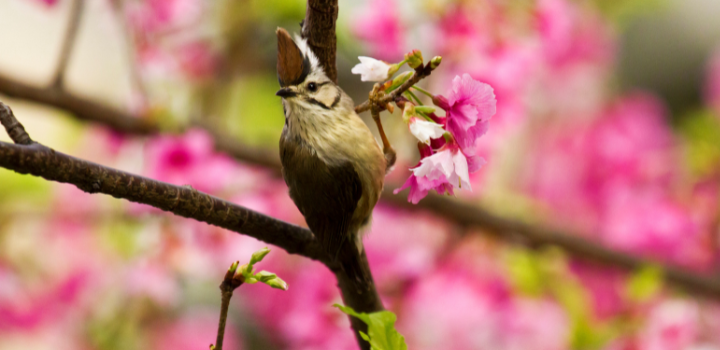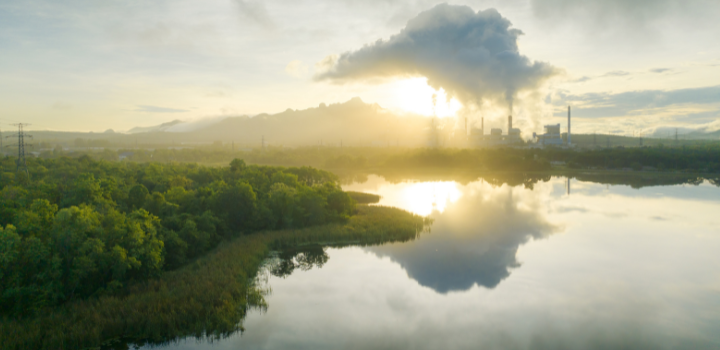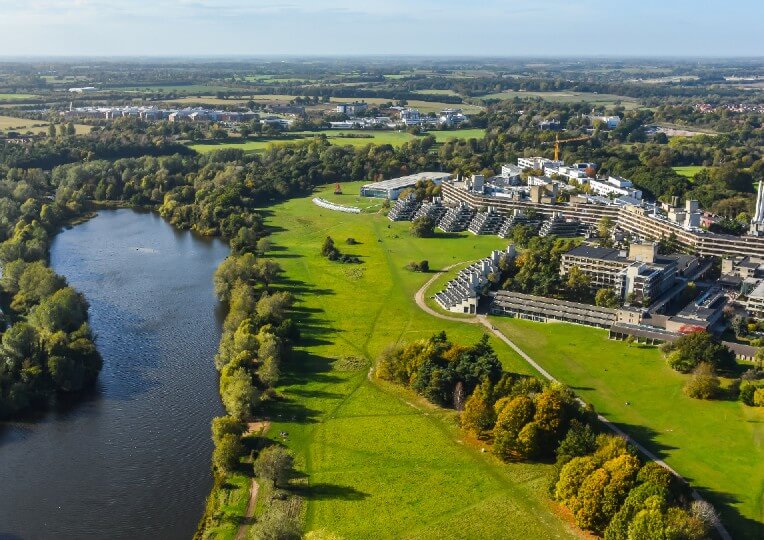Latest News

Inside the animal kingdom: Experience a dissection live with Prof Ben Garrod and Dr Jess French
Join Prof Ben Garrod, UEA’s Professor of Evolutionary Biology and Science Engagement, and veterinary surgeon Dr Jess French on Saturday 11 April for a unique look into animal biology.
Read more
‘Energy efficiency’ key to mountain birds adapting to changing environmental conditions
Research led by the University of East Anglia sheds new light on how mountain birds adapt to changes in climate.
Read more
Humans show bat-like skills using mouth-click echolocation
It may sound like a scene from Nosferatu, but research from the University of East Anglia (UEA) shows that humans can use bat-like echolocation skills to judge the distance of objects.
Read more
UEA launches study after supplement shows promise in professional racing drivers
Researchers at the University of East Anglia (UEA) are launching a new study to see whether American ginseng extract could boost brain health.
Read more
UEA celebrates global success in inaugural TIME Magazine university rankings
The University of East Anglia (UEA) has been named among the top 160 worldwide in TIME’s The World’s Top Universities of 2026.
Read more
Temperature of some cities could rise faster than expected under 2°C warming
Many tropical cities are predicted to warm faster than expected under 2°C of global warming, according to new research led by the University of East Anglia.
Read more
Parliament draws national attention to UEA’s work on Jewish heritage in Norwich
The University of East Anglia’s bid to create a Centre for Jewish History and Heritage has gained national attention after being raised in the House of Commons.
Read more
UEA to receive share of £15 million funding boost for region
University of East Anglia researchers have been awarded a share of £15.3 million to tackle real-world health and care challenges across the region and beyond.
Read more
Michael Grange appointed as new Royal Society Entrepreneur in Residence
Michael Grange has been appointed as the new Royal Society Entrepreneur in Residence for the Faculty of Science, following in the footsteps of Dr Soraya Jones who previously held the role.
Read more
Prof Nick Pidgeon delivers 2026 British Academy Lecture in May
This spring, Prof Nick Pidgeon (who taught within UEA's School of Environmental Sciences from 1999-2006) returns to the University to deliver the British Academy Lecture.
Read more
Institute for Volunteering Research joins national pledge to strengthen public involvement in research
The Institute for Volunteering Research (IVR), based within the UEA's Research Centre, has joined a national pledge that aims to increase public involvement.
Read more
Land-intensive carbon removal needs better siting to protect biodiversity
Significant reliance on land-based methods of carbon dioxide removal can protect biodiversity by avoiding climate impacts - but it could also compete with biodiversity protection unless there is better site selection, according to a new study.
Read more


